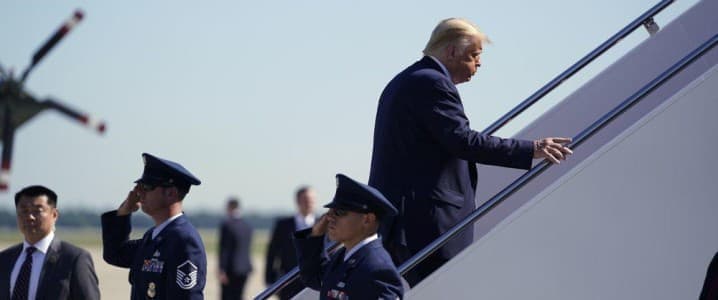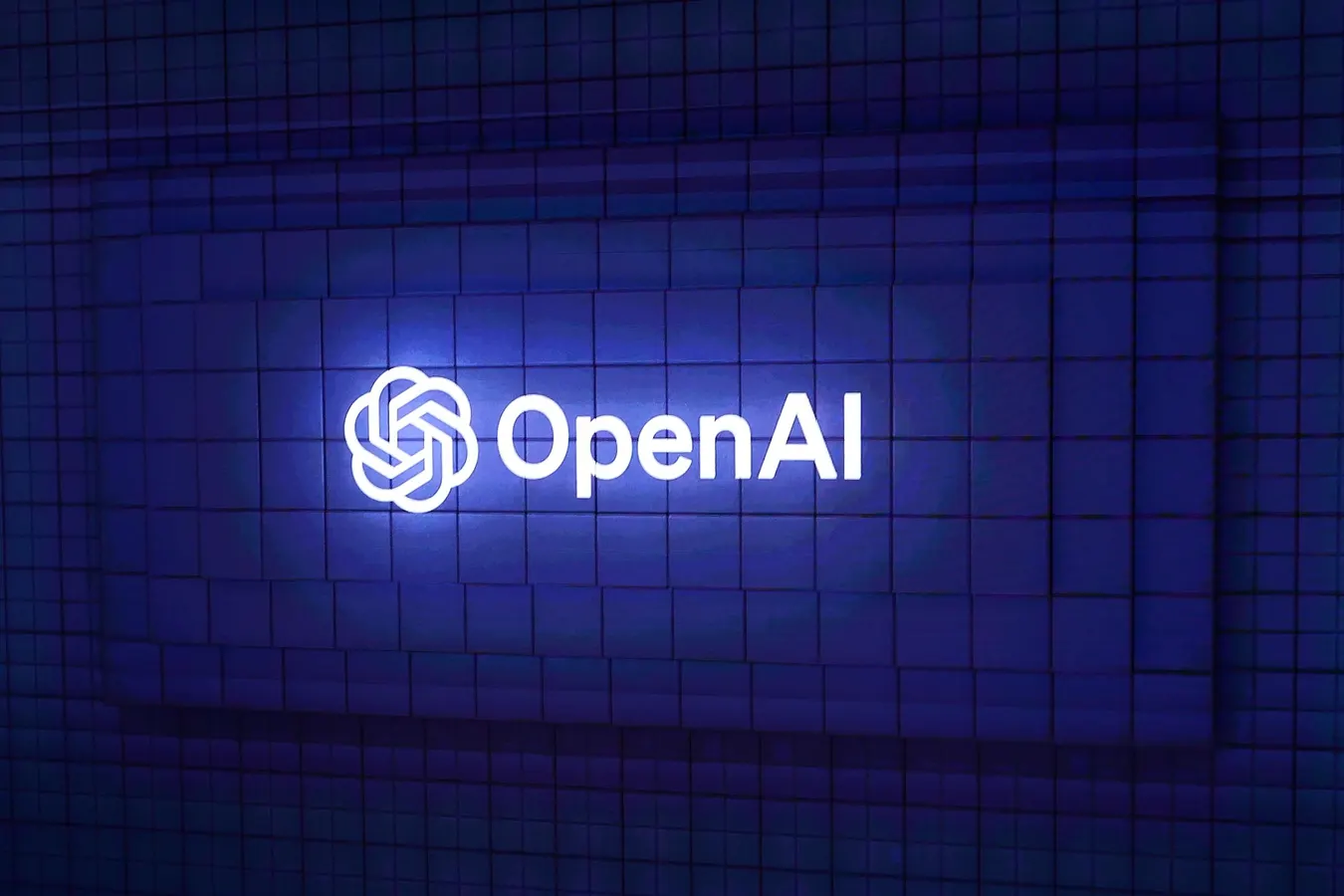Copyright OilPrice

Trump has launched the United States’ most aggressive rare-earth and critical-minerals expansion in more than a decade, signing over $10 billion in supply-chain deals across Australia, Japan, Malaysia, and Thailand in less than a week. The flurry of agreements aims to cut China’s 90 percent grip on global refining capacity and establish a network of Indo-Pacific partners for mining, processing, and stockpiling key materials vital to defense and clean-tech industries. On Tuesday, the United States and Japan signed an agreement to secure the supply and processing of rare earths in a bid to counter China’s dominance of the global sector. The two trade partners agreed to employ various means to accomplish this goal, including policy tools, trade measures, financial support mechanisms, and critical minerals stockpiling systems, as well as “jointly identify projects of interest to address gaps in supply chains for critical minerals and rare earths, including derivative products such as permanent magnets, batteries, catalysts, and optical materials.” Japan is the United States’ 5th largest trading partner, with the Asian economic giant supplying vehicles, transportation components, industrial equipment, and consumer electronics. But the Japan rare earths deal is just one of a handful that U.S. President Donald Trump has lately inked in his Asia diplomacy tour. Trump also signed two separate deals with Malaysia and Thailand, looking to further diversify the country’s critical minerals supply chains. Kuala Lumpur was Trump’s first stop in his five-day tour, expected to culminate on Thursday in a meeting with China’s President Xi Jinping in South Korea. Malaysia agreed to refrain from imposing quotas or banning exports of critical minerals to the U.S. Malaysia and also committed to working with American firms to expedite the development of the country’s critical minerals and rare earths sectors, including “granting extended operating licences to create certainty for businesses to increase production capacity.” Related: Trump Signs Flurry Of Rare Earths Deals In Asia Malaysia is home to ~16.1 million metric tons of rare earth deposits, but currently lacks the technology to mine and process these resources. Last year, Malaysia banned the export of raw, unprocessed rare earth elements in a bid to encourage domestic processing and value-added activities as it looks to develop its downstream sector. Currently, Australia’s Lynas Rare Earths (OTCPK:LYSCF) is the largest REE company operating in Malaysia. Lynas operates a major processing facility in Kuantan that separates rare earth elements for global markets. The company sources rare earth feedstock from its mine in Australia, but also has agreements to explore potential local ionic clay deposits in Malaysia. Trump’s next stop was Thailand, where he signed a comprehensive deal for “critical mineral resource exploration, extraction, processing and refining, and recycling and recovery.” A memorandum of understanding shared by the White House includes commitments for investment into Thailand to support the country’s processing industries, “rather than solely exporting raw materials.” However, the deal has been met with considerable pushback by Thailand's opposition party, with leaders warning that granting the U.S. exclusive rights to the country's critical minerals is likely to draw the ire of Beijing, something that could prove costly. Thailand's economy is heavily dependent on China, with bilateral trade between the two countries reaching $126.3 billion in 2023. Over 40% of Thailand's agricultural exports, such as fruits and rubber, go to China, leaving Thailand vulnerable to fluctuations in China's demand and trade policies. Meanwhile, nearly 80% of China's exports to Thailand are intermediate goods, such as machinery, electrical equipment, and automotive parts, which are essential for Thailand's manufacturing sector. The influx of cheap Chinese goods, including electric vehicles, has heavily impacted local businesses and led to factory closures in industries like automotive, textiles, and electronics. That said, Trump’s most concrete critical minerals deal so far was with Australia. Last week, the U.S. and Australia signed an $8.5 billion deal to secure the supply of critical minerals, particularly rare earths, needed for technology and defense industries, largely aimed at reducing dependence on Chinese supply chains. The deal includes significant investments and regulatory streamlining, with several projects and companies already identified to receive funding. The U.S. and Australia will each provide at least $1 billion in financing over six months for projects in their respective countries in a collective effort to accelerate the development of critical mineral projects.The framework prioritizes specific Australian projects to bolster the supply chain. Arafura Rare Earths' (OTCPK:ARAFF) Nolans Project: The U.S. Export-Import Bank (EXIM) issued a letter of interest for up to $300 million to support this mine-to-oxide facility in the Northern Territory. The project is expected to supply about 5% of the world's rare earths. Alcoa–Sojitz Gallium Recovery Project: Located in Western Australia, this joint venture aims to produce up to 10% of the global gallium supply, which is critical for semiconductors. Further, the Trump administration has recently taken significant stakes in several Canadian critical minerals companies, including Trilogy Metals (NYSE:TMQ), MP Materials (NYSE:MP) and Lithium Americas (NYSE:LAC). By Alex Kimani for Oilprice.com More Top Reads From Oilprice.com Europe Set for Record Diesel Imports as Russia Sanctions Roil Markets Iraq Secures First Floating LNG Import Platform Deal with U.S. Firm China and Singapore Partner on Massive Cross-Border Solar Project



